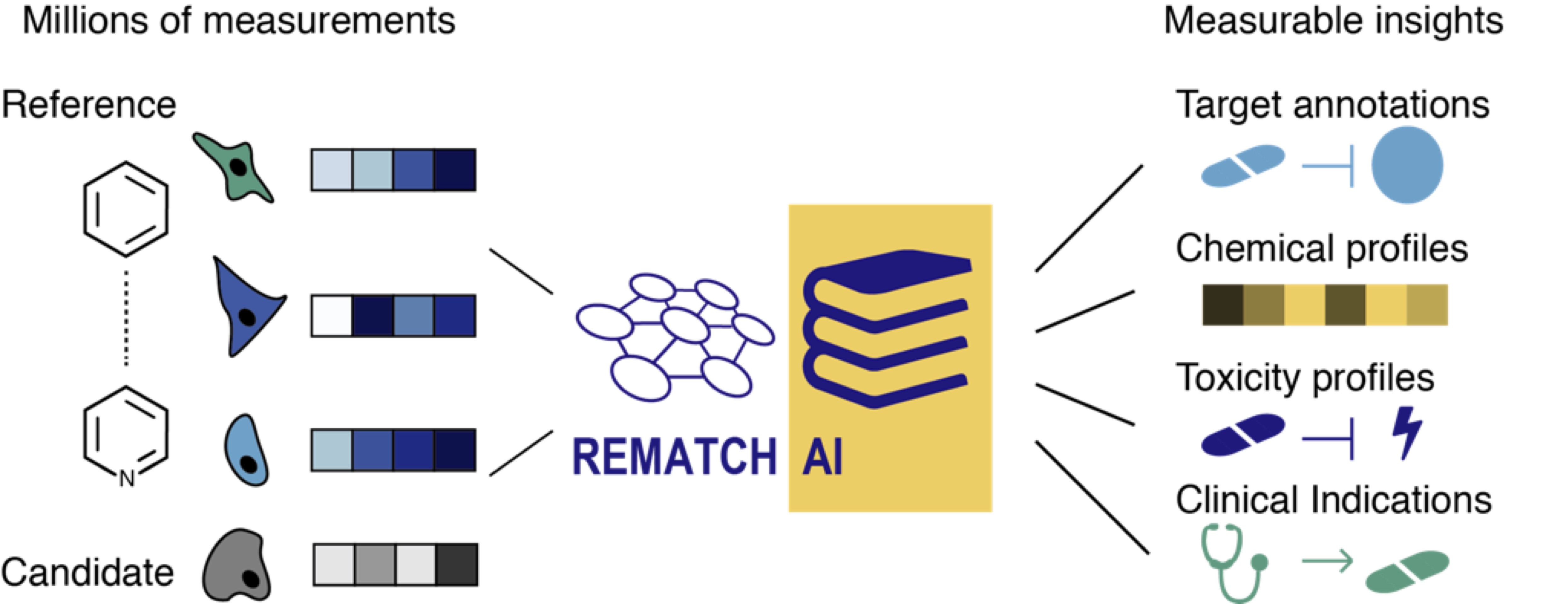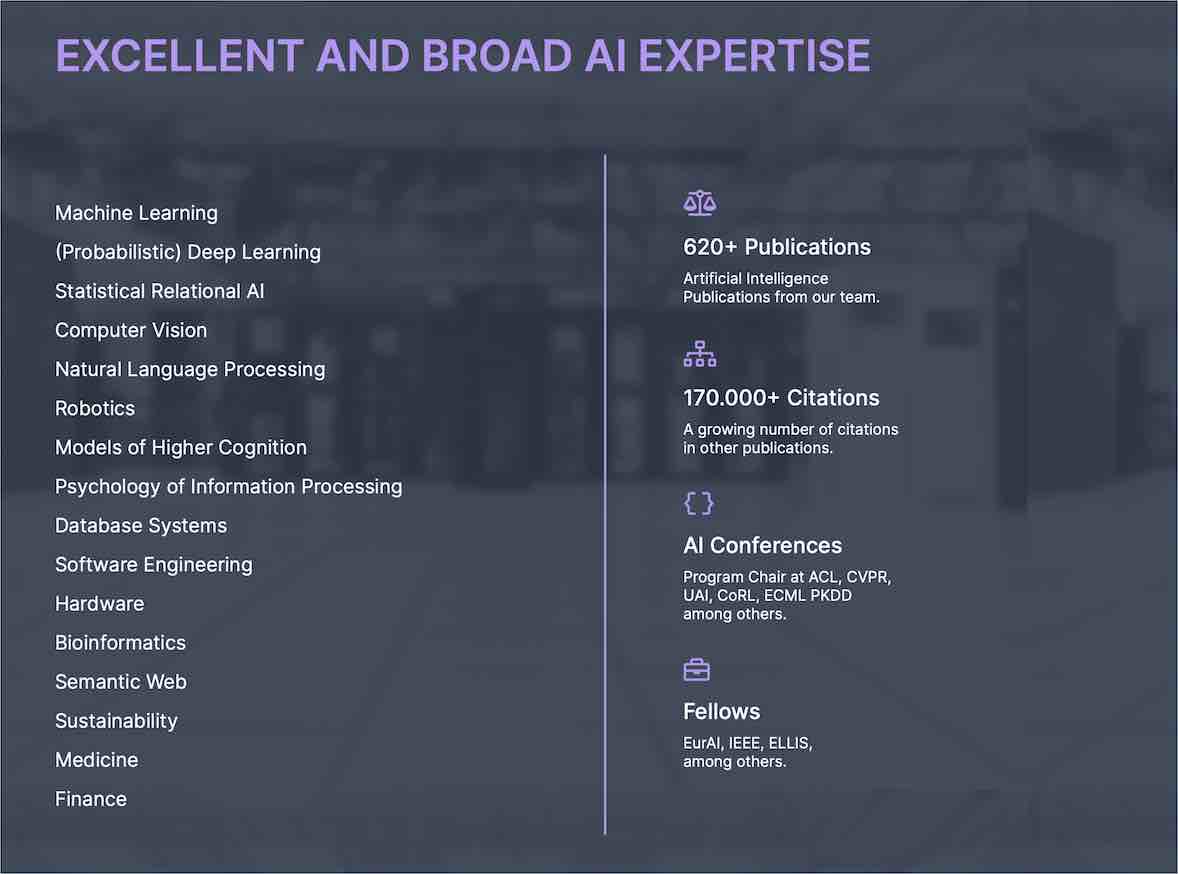
Cloud
-
REmatch - Cloud AI for drug discovery
Boutros Group, DKFZ Heidelberg, Service center: Heidelberg Center for Human Bioinformatics – HD-HuB
In the REmatch project we develop cloud technologies that combine advanced image analysis and an artificial intelligence (AI) to predict a drug’s mechanisms of action and its polypharmacology. By this means, REmatch aims to save resources, to avoid unnecessary complex tests, and to facilitate drug repurposing by identifying new applications for approved drugs.
High drug attrition rates, few discoveries of new drug targets and patent cliff together pose a major problem for drug development. Despite better technologies and a deeper understanding of biological mechanisms, the efficiency at which novel drugs reach the market steadily declines. Many candidates fail late in clinical development due to side-effects or the lack of a therapeutic window. In addition, many promising or approved drugs harbour unrecognized therapeutic efficacy in other indications that were not in the focus during initial development.
As part of the REmatch project, we develop machine learning strategies to compare drug responses of candidate drugs to a reference database containing the responses of thousands of approved drugs. This facilitates the profiling of side-effects such as toxicity for candidate drugs. By comparing the responses of known drugs, REmatch further allows to identify drugs which harbour potential for other indications than they were initially developed for. In our approach, the responses of candidates and known drugs are represented as profiles which are derived from images of cultured cells that were exposed to these drugs. We generate such images at low costs and in a highly parallel fashion using an automated microscopy platform. REmatch can be used early during the drug discovery process to flag candidates sharing e.g. known toxicity of marketed drugs. REmatch employs a cloud-based, scalable end-to-end image analysis to derive phenotypic profiles of drug treated cells in a highly efficient manner. This removes a major bottleneck arising when thousands to millions of images are collected. With REmatch we offer a solution that enables researchers to fast and cost-efficiently characterize candidate molecules during pre-clinical development.
REmatch is supported by an ERC Proof of Concept grant and as a part of the proof-of-concept evaluation we used the de.NBI Cloud to build a reference database that contains the responses of more than 2000 drugs in 20 cancer cell lines. The cloud resources were used to streamline the analysis of hundreds of thousands of images with the REmatch technology. REmatch delivers our analysis and data processing pipelines, as well as access to the reference database in any cloud. The concept of cloud-based analysis, know-how and infrastructure addresses an unmet need and makes a routinely employment of image-based profiling analysis in drug discovery commercially attractive for pharmaceutical companies and viable for academic labs.
For further information, visit the website of the Division of Signaling and Functional Genomics at DKFZ Heidelberg.

Search projects by keywords:
-
The Hessian Center for Artificial Intelligence
Goesmann Group, Gießen University, Service Center: Bielefeld-Giessen Resource Center for Microbial Bioinformatics - BiGi
Established in 2020, the Hessian Center for Artificial Intelligence is a Germany-wide unique institution supported by 13 different universities bundling their expertise. In its five-year development phase, the state of Hesse is funding the center with a total amount of 38 million euros; 20 additional professorships are going to be established. The main center will be located at the TU Darmstadt, while a secondary site will be hosted by the Goethe University in Frankfurt. The center is complemented by additional regional locations at the participating institutions, among them the JLU Giessen. The AI center will offer study courses in all disciplines and also set up a graduate school in order to attract excellent scientists to Hesse. Artificial intelligence provides enormous scientific as well as economic potential, for example in agriculture or in the medical sector, facilitating the fast analysis of vast amounts of highly complex data.
At the JLU Giessen, Prof. Alexander Goesmann has already been involved in the founding phase of the new center, and an additional professorship dedicated to the subject area “Predictive Deep Learning in Medicine and Healthcare” is going to be established at the department of medicine, as well. Prof. Goesmann’s group routinely employs machine-learning techniques for the successful analysis of large biological data sets. They have established and continuously maintain an extensive cloud-based compute infrastructure comprising over 7,500 CPU cores and 16 PB storage capacity, also featuring dedicated GPU accelerators for high-throughput machine-learning purposes. The compute cloud is offered to German bioinformatics scientists free of charge, and is routinely employed for fast and efficient processing of biological data. In bioinformatics, many tools rely on established artificial intelligence approaches such as machine-learning, e.g. for the identification and classification of novel genes, and it is already foreseeable that the field will significantly benefit from the newly founded Hessian Center for Artificial Intelligence.
For further information, please visit the Hessian Center for Artificial Intelligence website. To access the de.NBI Cloud visitde.NBI Cloud.

Source: https://hessian.ai/
Search projects by Keywords:
